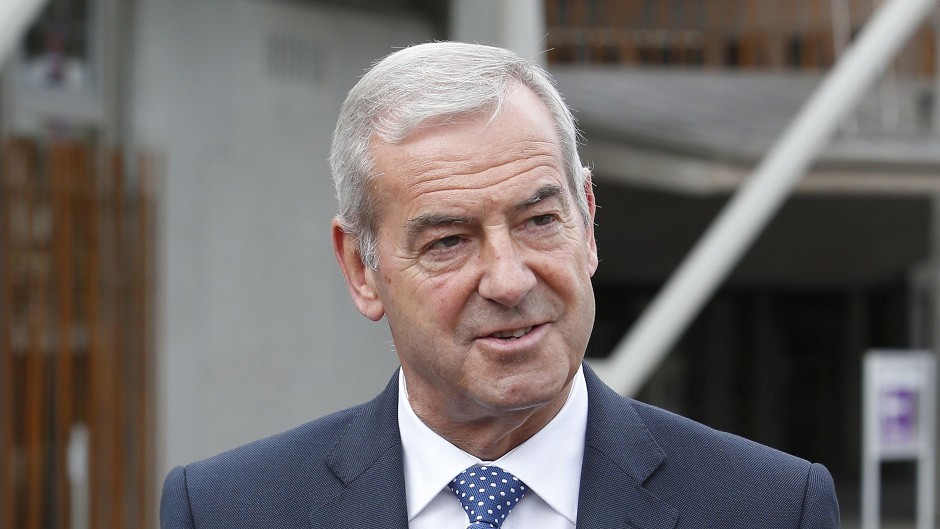All-party talks aimed at reaching agreement on what new powers should be devolved to Scotland in the wake of the independence referendum get under way today.
For the first time, all five political parties represented at Holyrood will get round the table at the Smith Commission as they start to thrash out a deal.
Speaking ahead of the talks in Edinburgh, Commission chair Lord Smith said: “Having spoken to all of the parties individually, I believe the will is there to reach agreement.
“Today’s talks give them the chance to sit down around the table together, find common ground and begin the process of delivering what the people of Scotland expect – a substantial and cohesive package of new powers which will strengthen the Scottish Parliament within the UK.”
The commission was set up after David Cameron, Ed Miliband and Nick Clegg made a vow in the run-up to the referendum that there would be further substantial devolution if Scotland rejected independence and stayed in the UK.
But Lord Smith – who recently chaired the Organising Committee for the Glasgow 2014 Commonwealth Games – has stressed it is not solely the three main Westminster parties who will be involved in the negotiations.
The SNP and the Scottish Green Party both have their own representatives to the Commission, with Lord Smith stating last week that the “Scottish National Party have absolutely committed to be part of this process and to take it very seriously”.
The two pro-independence parties at Holyrood have put forward the most far reaching proposals, with the SNP calling for full responsibility for all taxes to be transferred to Scotland and for Holyrood to be given responsibility for all domestic spending, including welfare.
Labour’s proposals would see the Scottish Parliament made responsible for raising around 40% of its budget, and would also see the devolution of some elements of welfare policy, including housing benefit and attendance allowance.
Scotland’s first minister-in-waiting Nicola Sturgeon has already pledged her party will play “a full and constructive” part in the talks.
When she put forward the party’s submission, Ms Sturgeon said: “Our key focus will be on delivering ’powers for a purpose’ – that means putting forward proposals that will deliver real change for the people of Scotland and better equip the Scottish Parliament to create jobs, protect public services and tackle inequality.”
The SNP will be represented on the Commission by Finance Secretary John Swinney and MSP Linda Fabiani; Labour by Holyrood finance spokesman Iain Gray and Westminster shadow pensions minister Gregg McClymont; the Conservatives by former Scottish leader Annabel Goldie and academic Professor Adam Tomkins; the Liberal Democrats by former Scottish secretary Michael Moore and ex-Scottish leader Tavish Scott; and the Scottish Greens by co-leaders Patrick Harvie and Maggie Chapman.
Under the timetable already agreed for reform, an agreement on recommendations for what new powers should be transferred north has to be reached by the end of November, with draft legislation produced by the end of January 2015.
This will then be implemented by whatever party wins next year’s general election.
